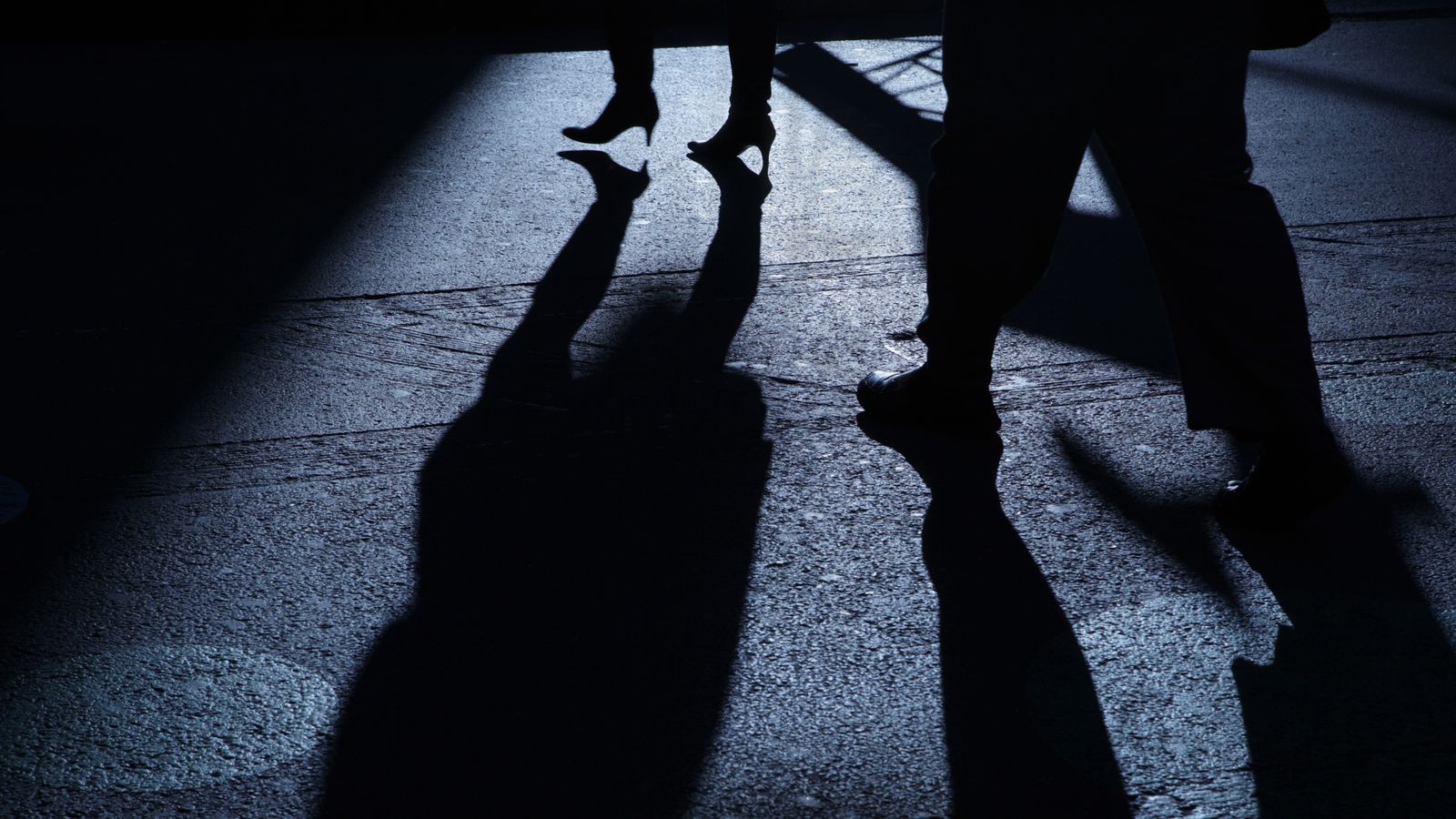People who incite hostility on the basis of sex or gender should be prosecuted for hate crimes, the Law Commission says.
The recommendation is one of 34 made by the legal review body in a report to government.
Professor Penney Lewis from the Law Commission said: “Hate crime has a terrible impact on victims and it’s unacceptable that the current levels of protection are so inconsistent.
“Our recommendations would improve protections for victims while also ensuring that the right of freedom of expression is safeguarded.”
The Law Commission said its recommendations “would not criminalise ‘offensive’ comments”, nor criminalise those who told sexist jokes.
“(The proposed changes) would not stop people discussing differences between the sexes or articulating views on the suitability of women for positions in religious or secular authority,” the review said.
“What we are referring to is threatening or abusive material which incites and glorifies violence, including sexual violence, against women and girls, and praises men who murder women.”
COVID-19: Pandemic increases society’s divisions with children in the north of England poorer, worse educated and more likely to die young, says report
County lines: Ministers unveil new multi-million pound strategy to target drug crime and save lives
COVID-19: Community transmission of Omicron variant across multiple regions of England, says Sajid Javid
The review said the government should also consider whether a “bespoke public sexual harassment offence” should be created, rather than a hate crime offence.
It said: “Existing offences which currently apply to abuse and harassment of women in public spaces are quite heavily focused on threatening and abusive words, and disorderly behaviour.
“A specific offence addressing public sexual harassment might be crafted in a way that better captures the degrading and sexualised nature of the behaviour that frequently occurs in these online and offline contexts.”
Another recommendation was to reform hate crime laws to give disabled and LGBT+ victims the same protection as victims with other protected characteristics, such as race and religion.
Hate crimes are the aggravation of offences such as assault, harassment, or criminal damage, because there is an added element of “hostility”.
Racial hate crime laws were introduced after Stephen Lawrence, a black teenager, was murdered in 1993.
They now also include religion, disability, sexual orientation and transgender identity.






















